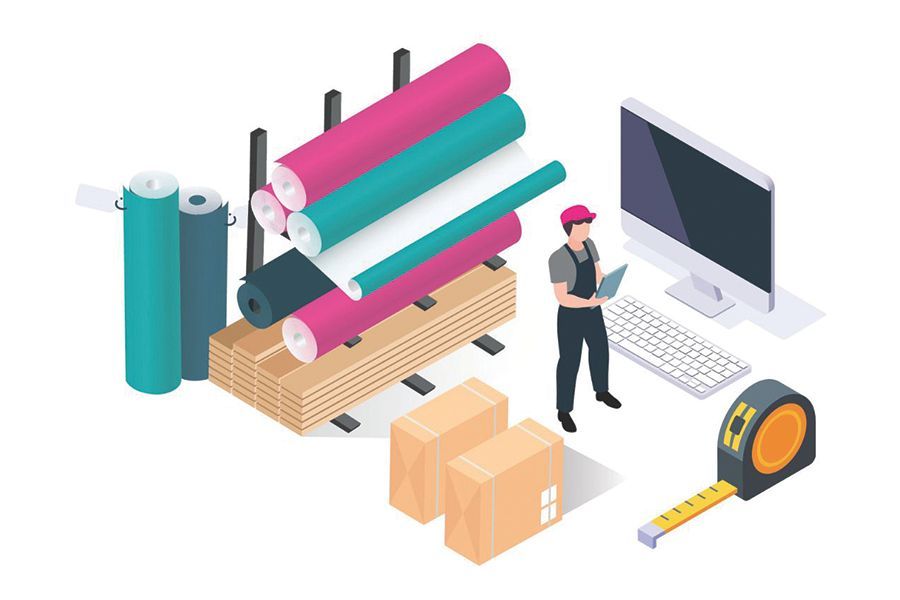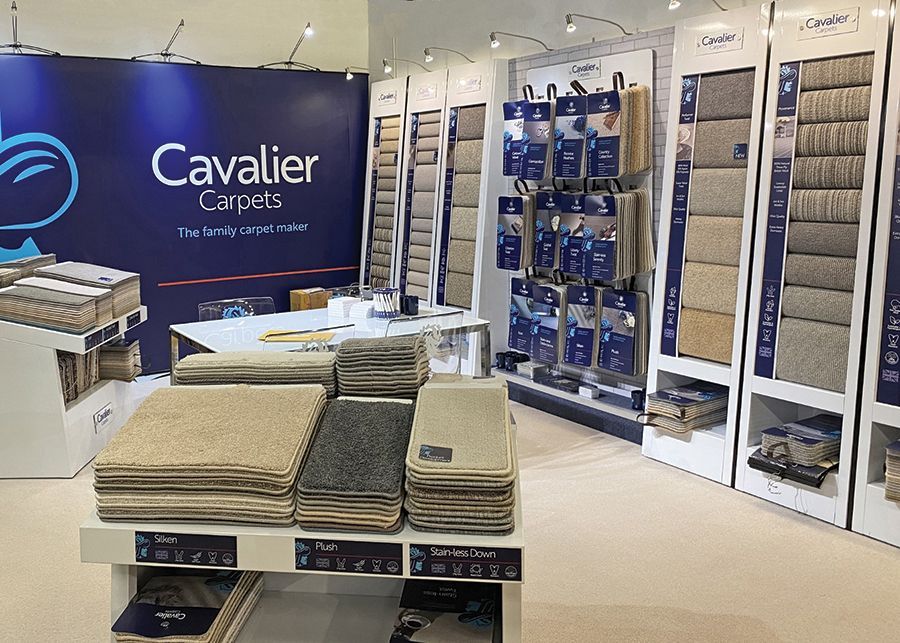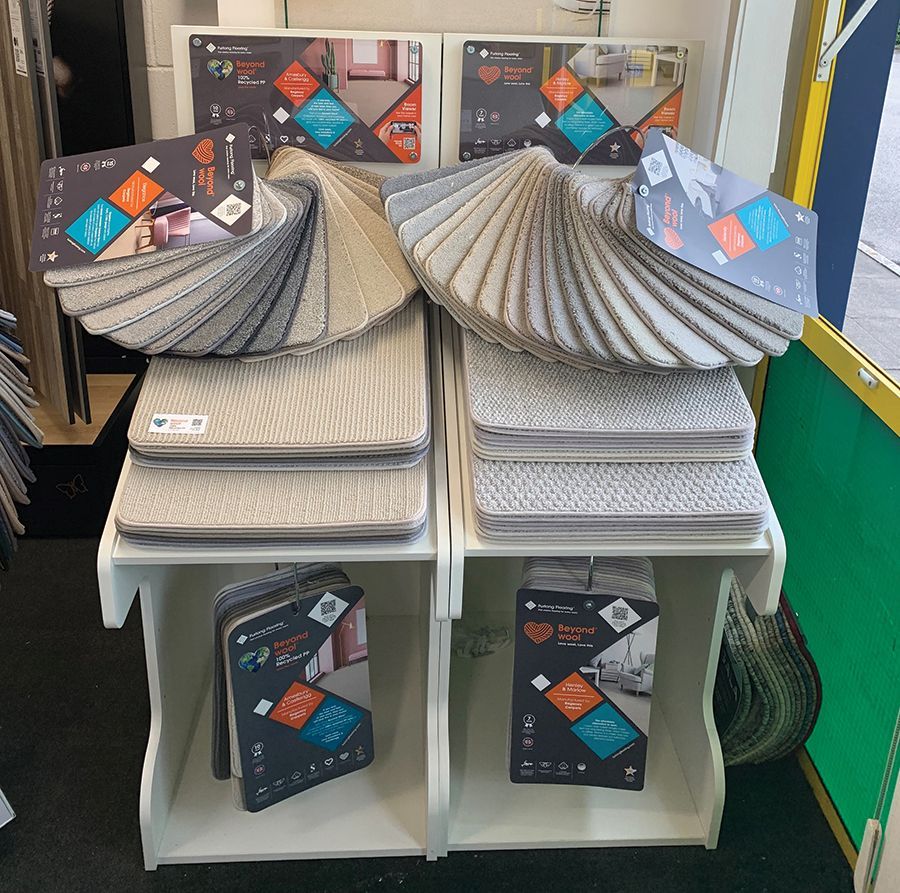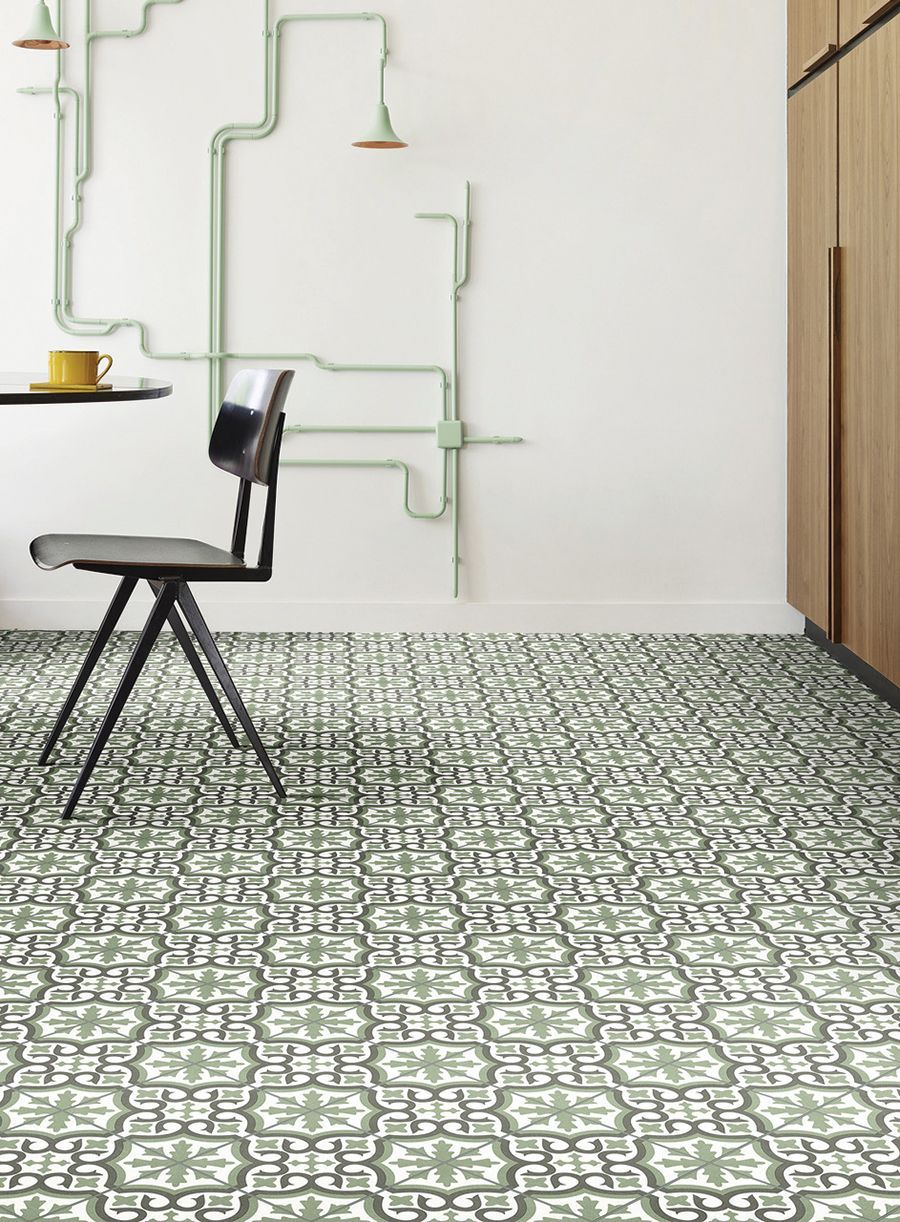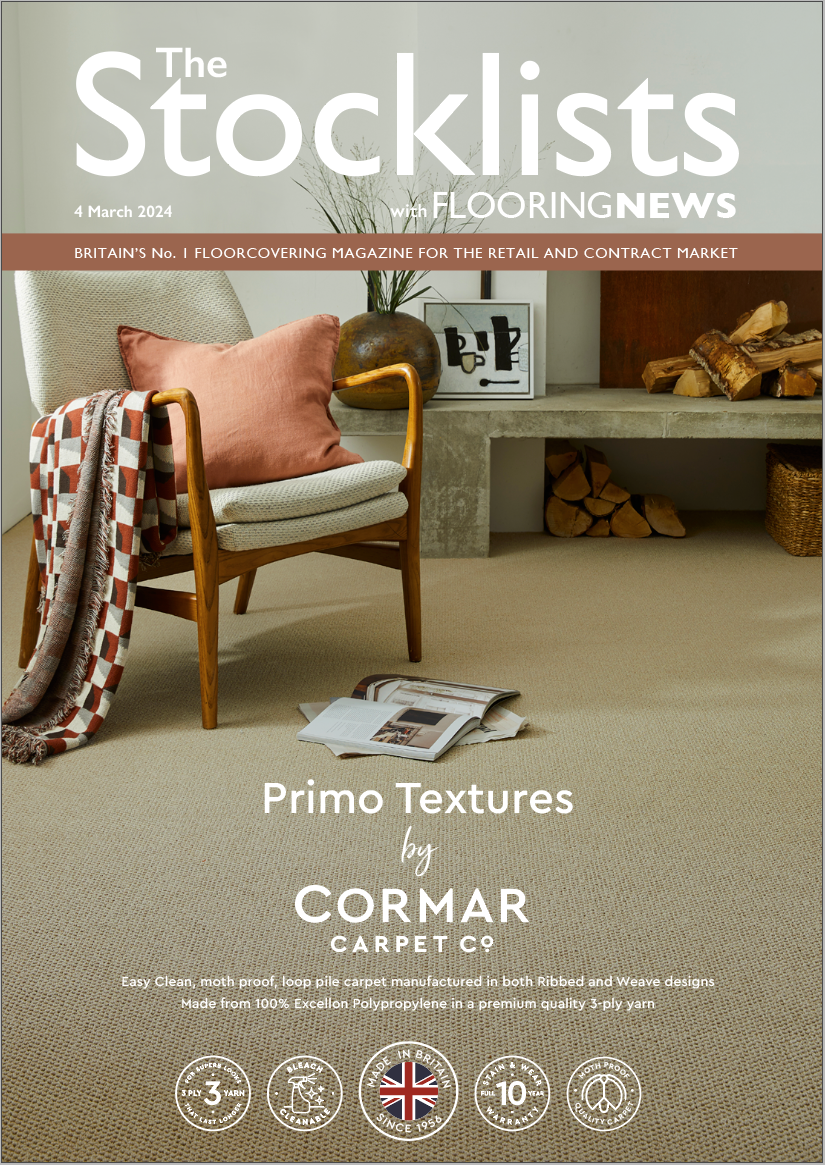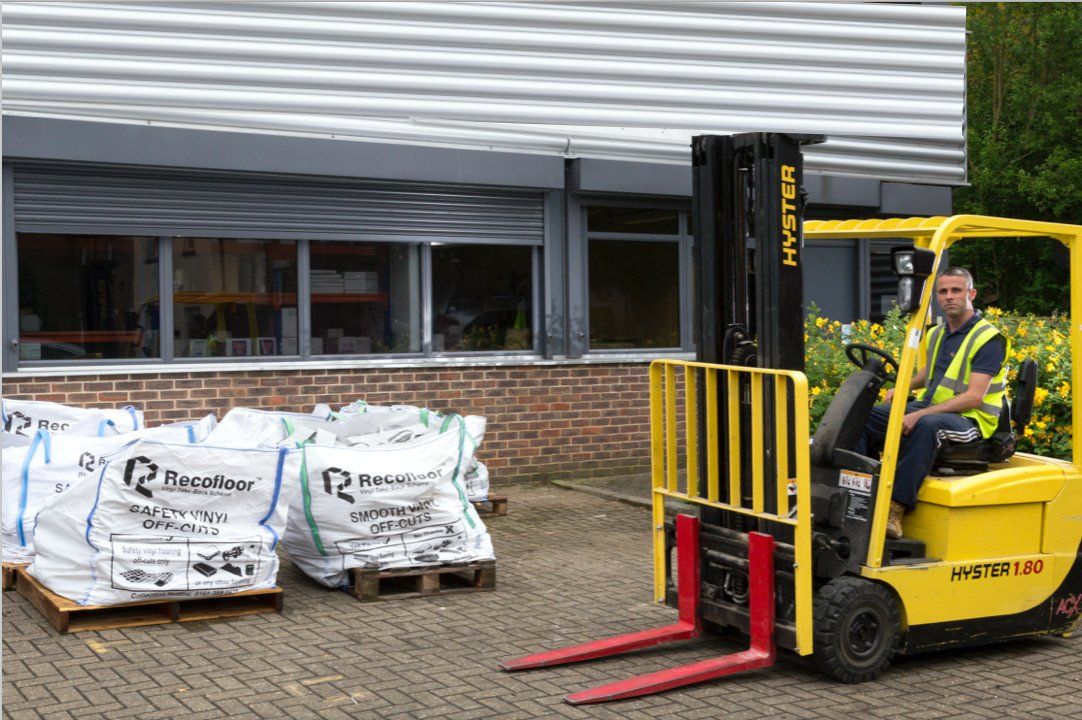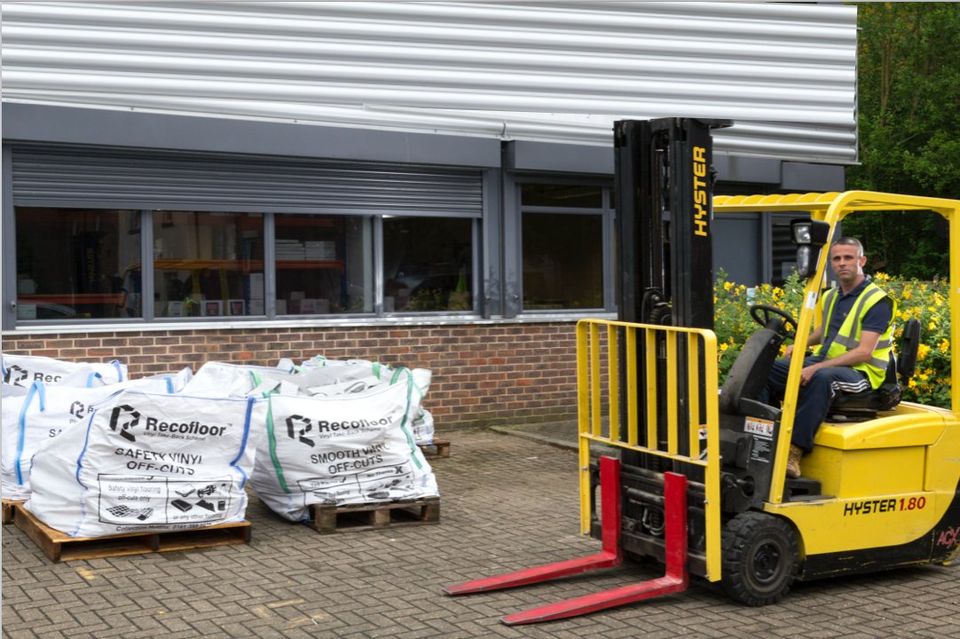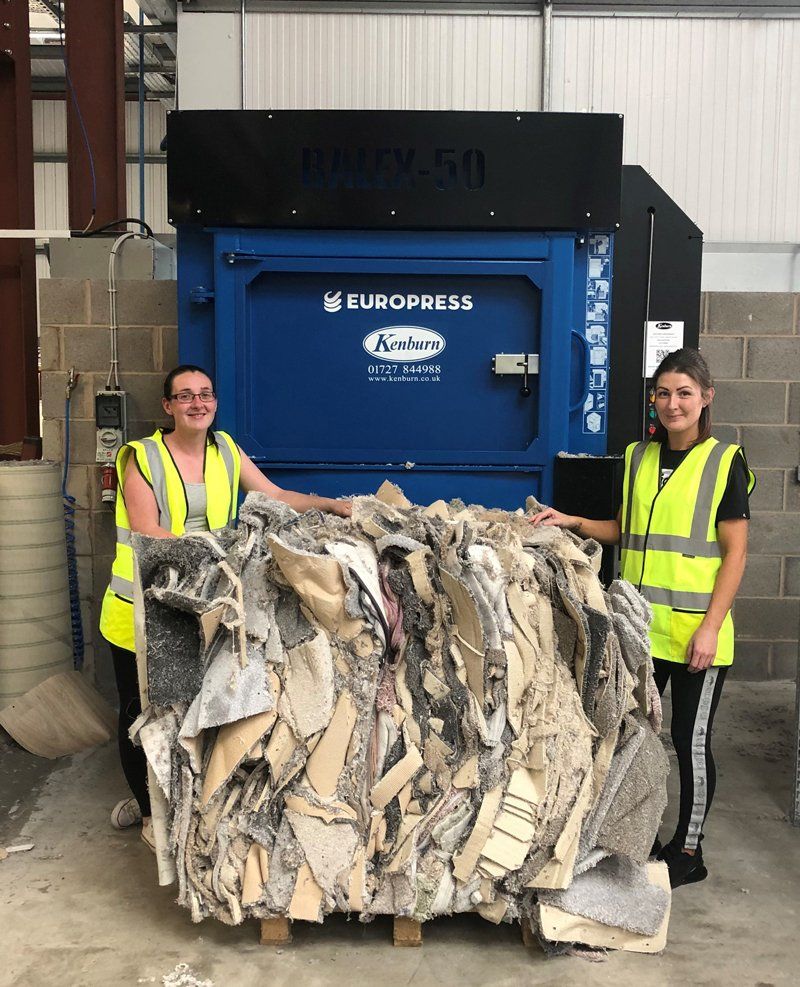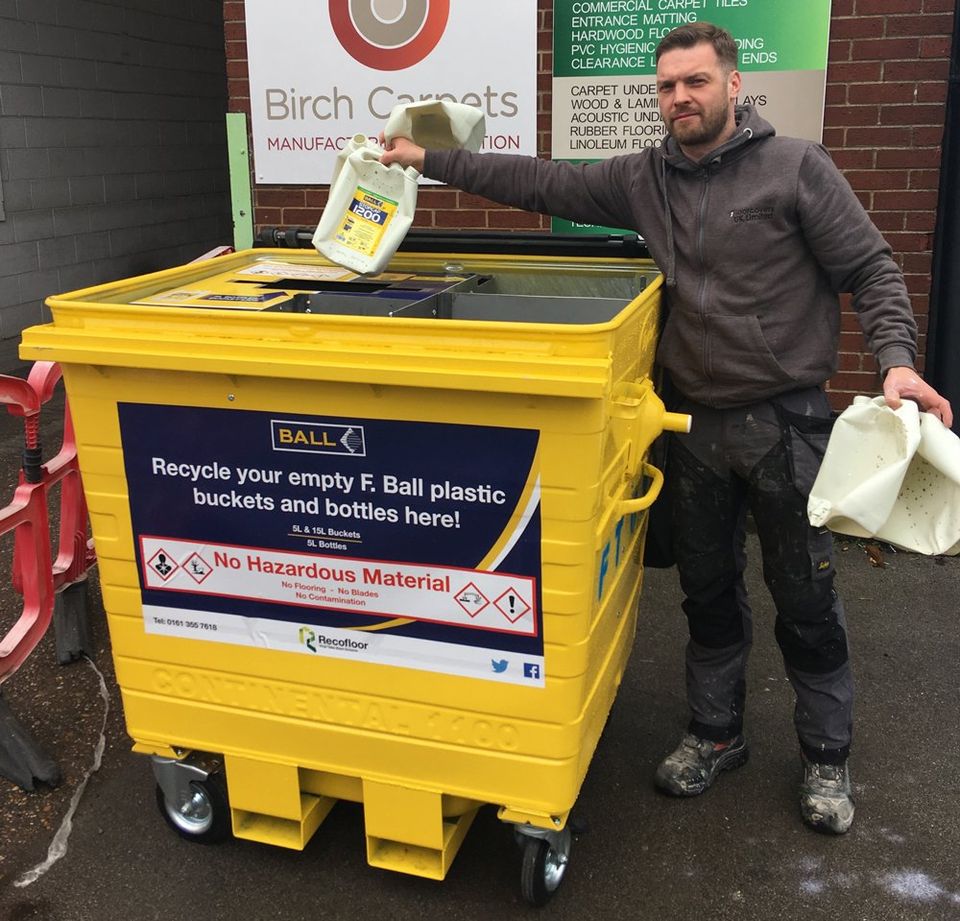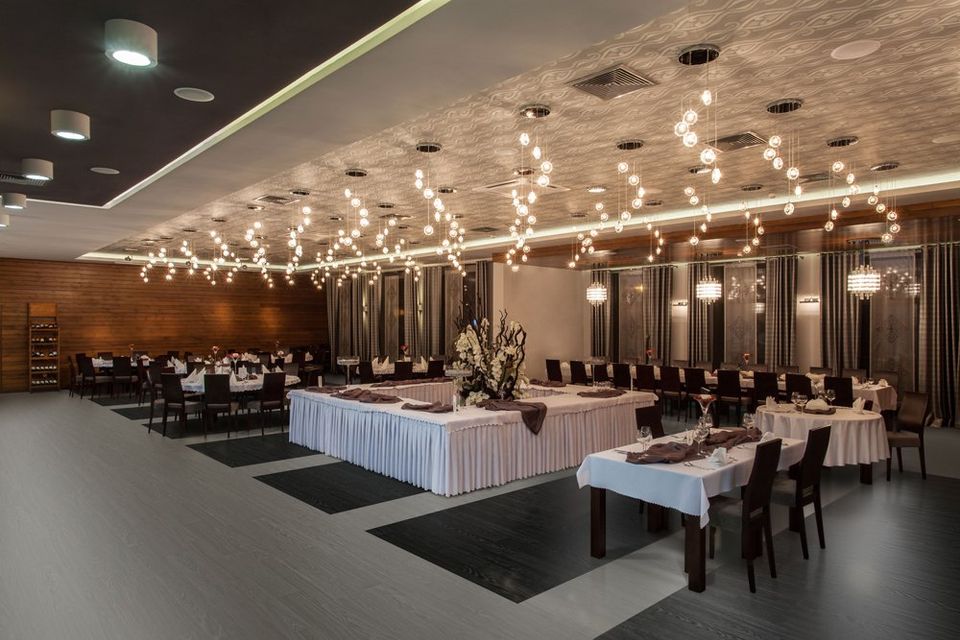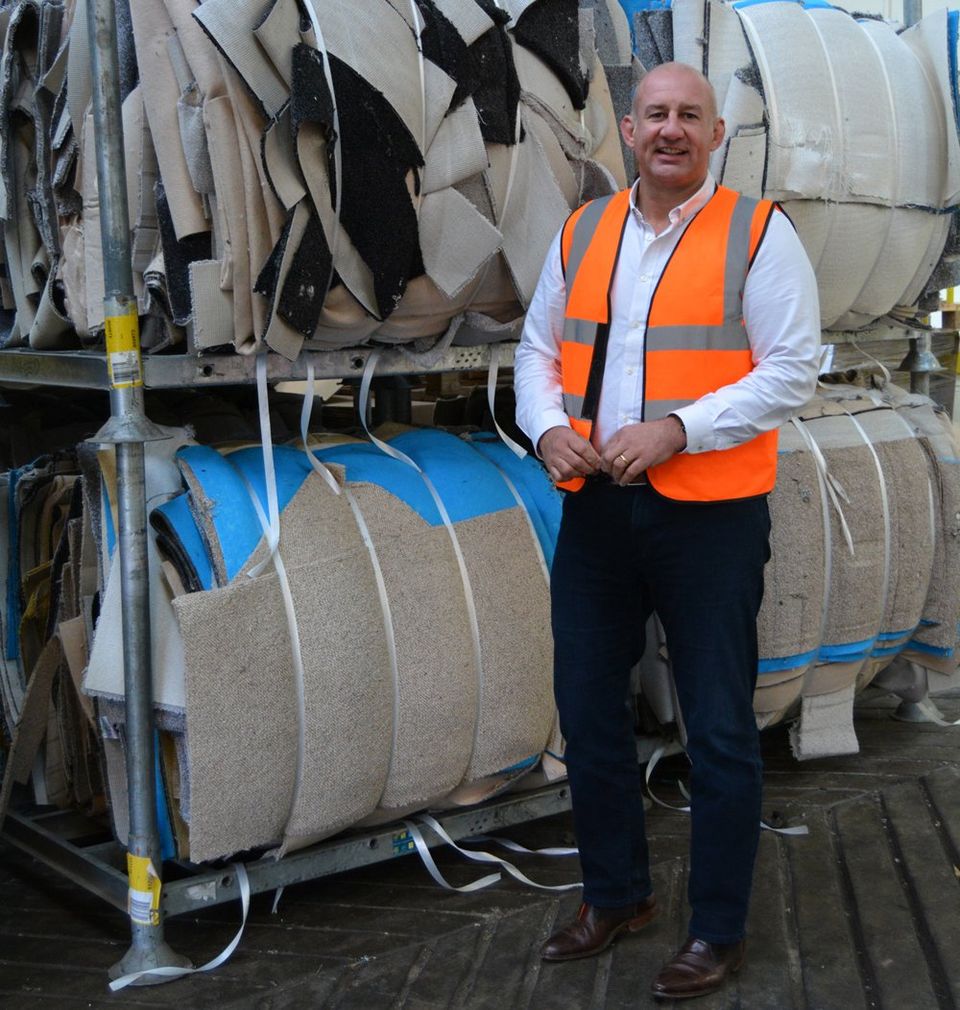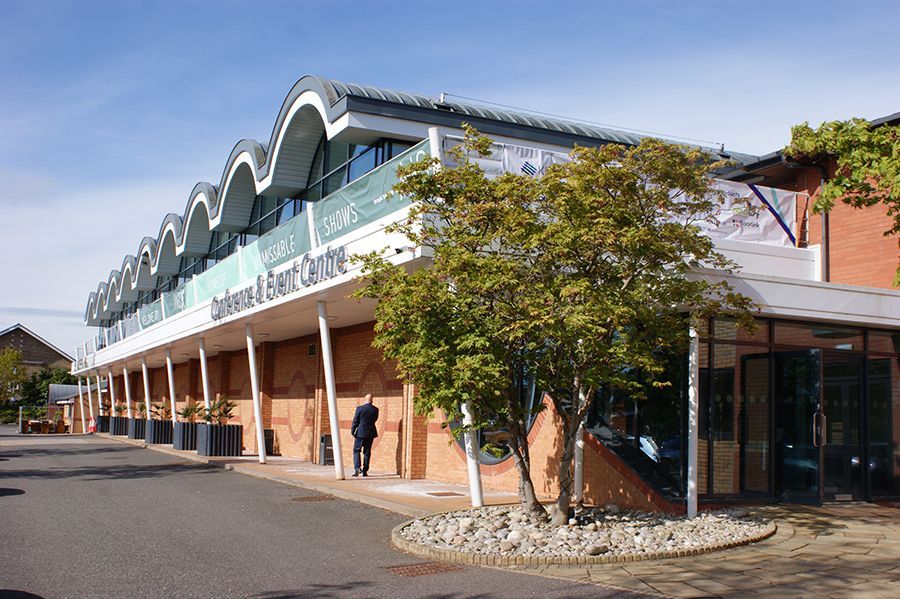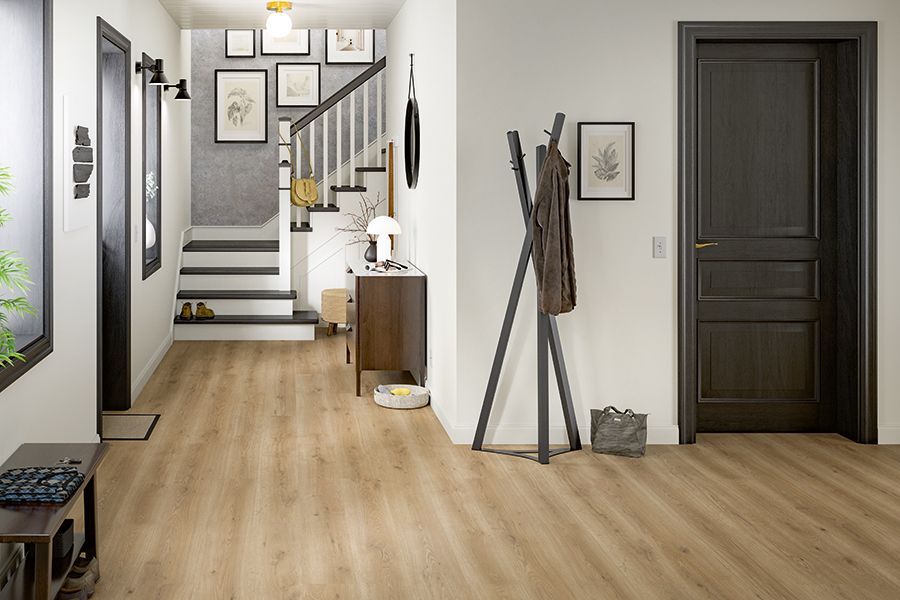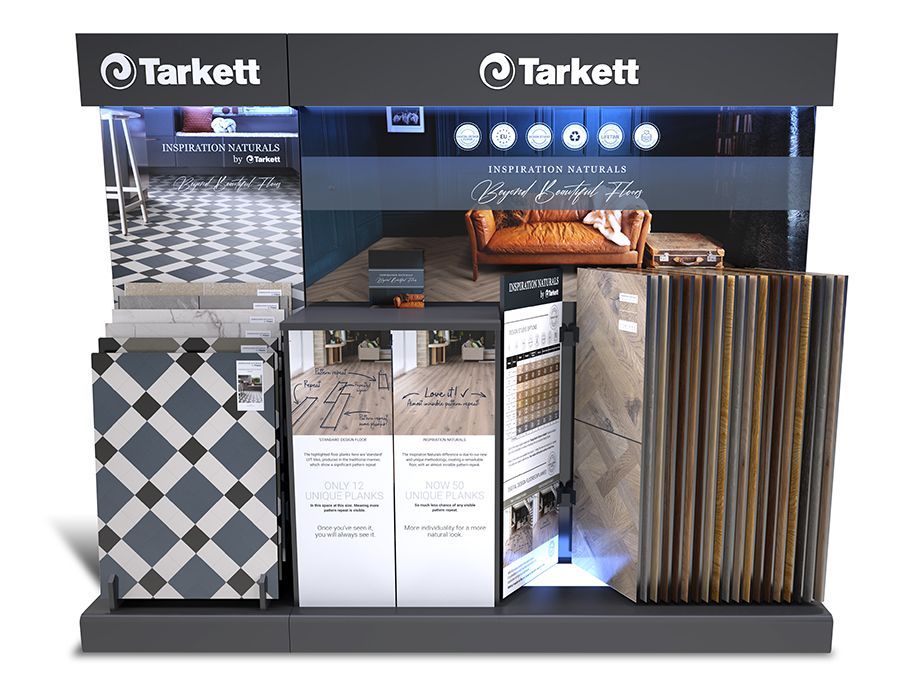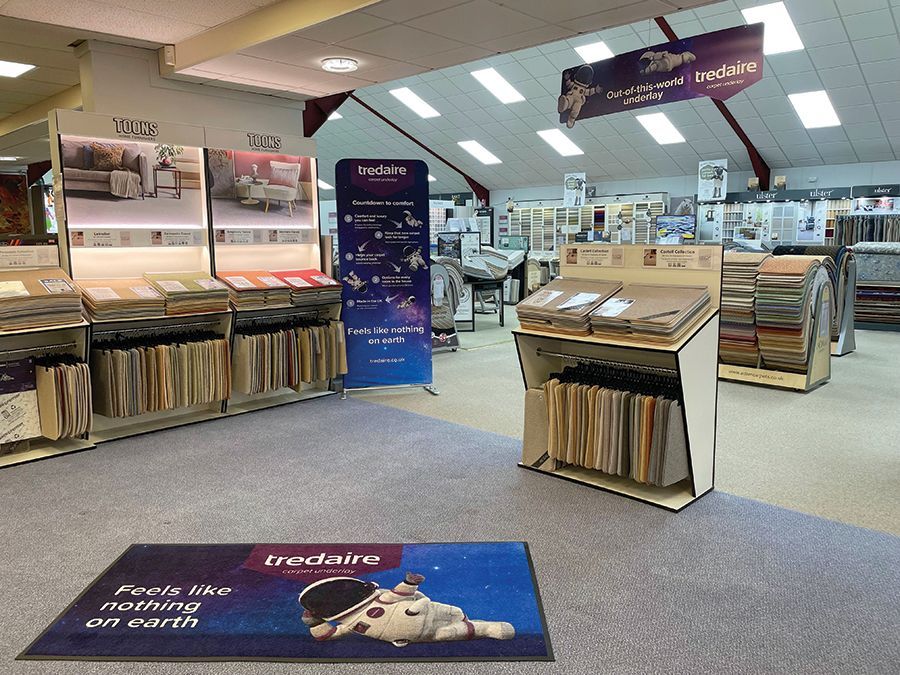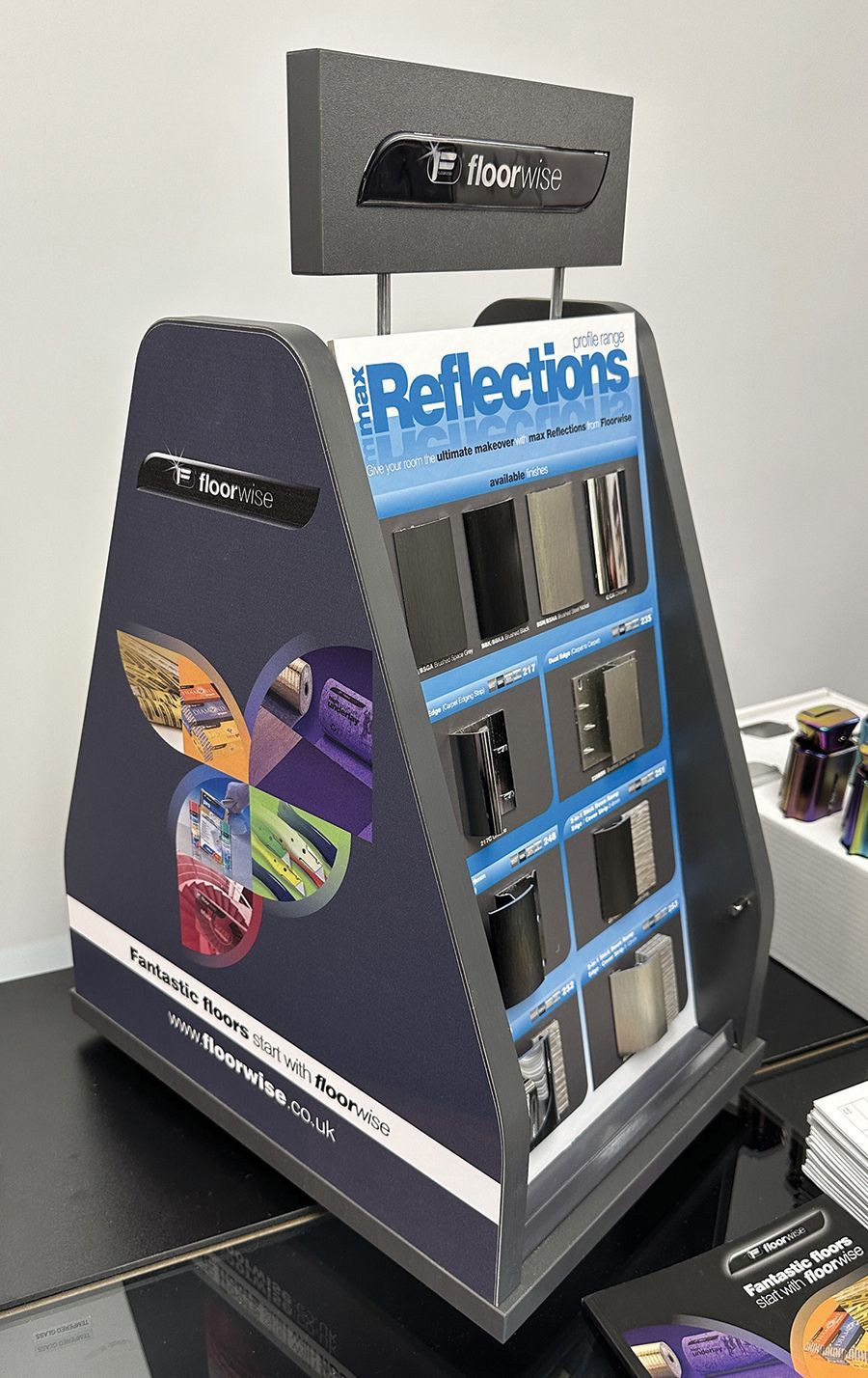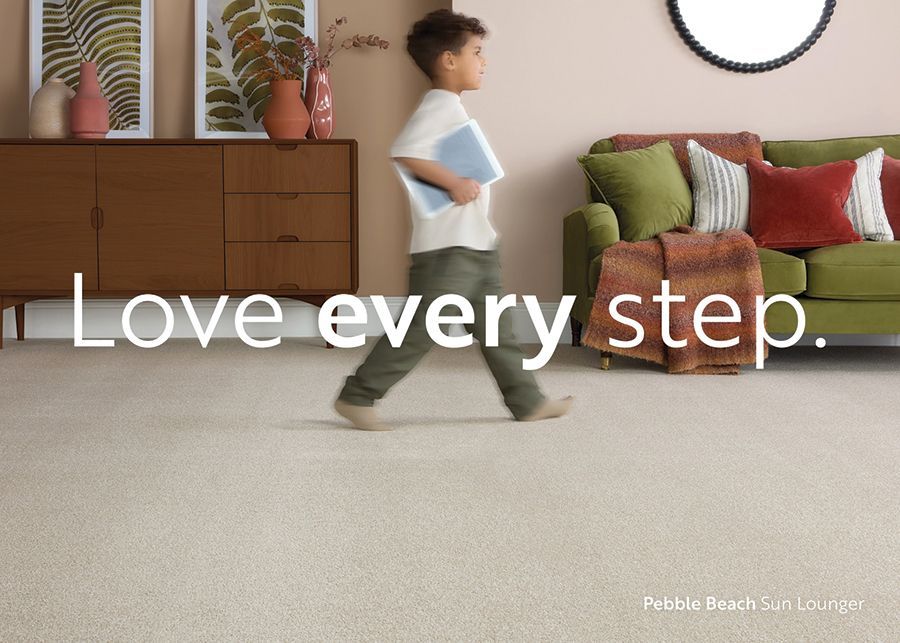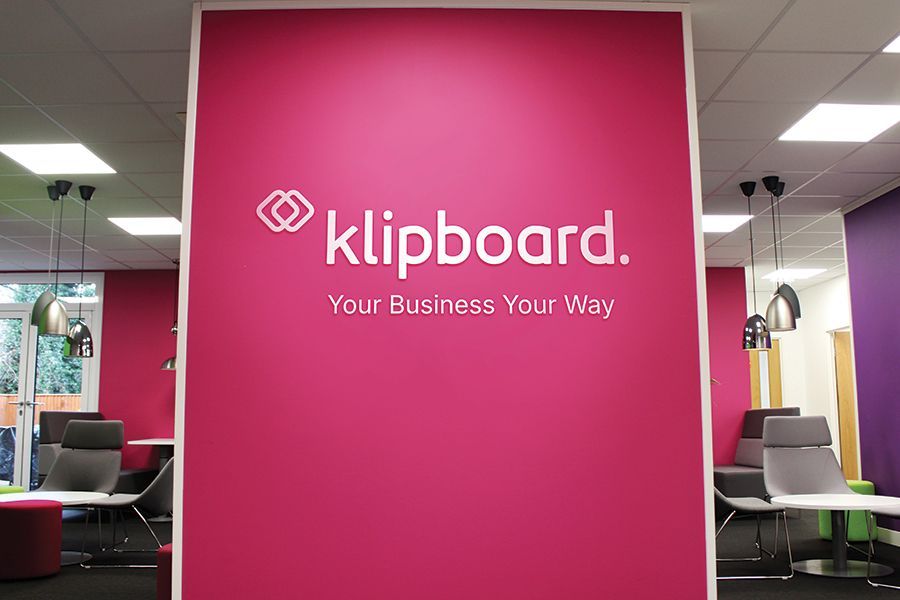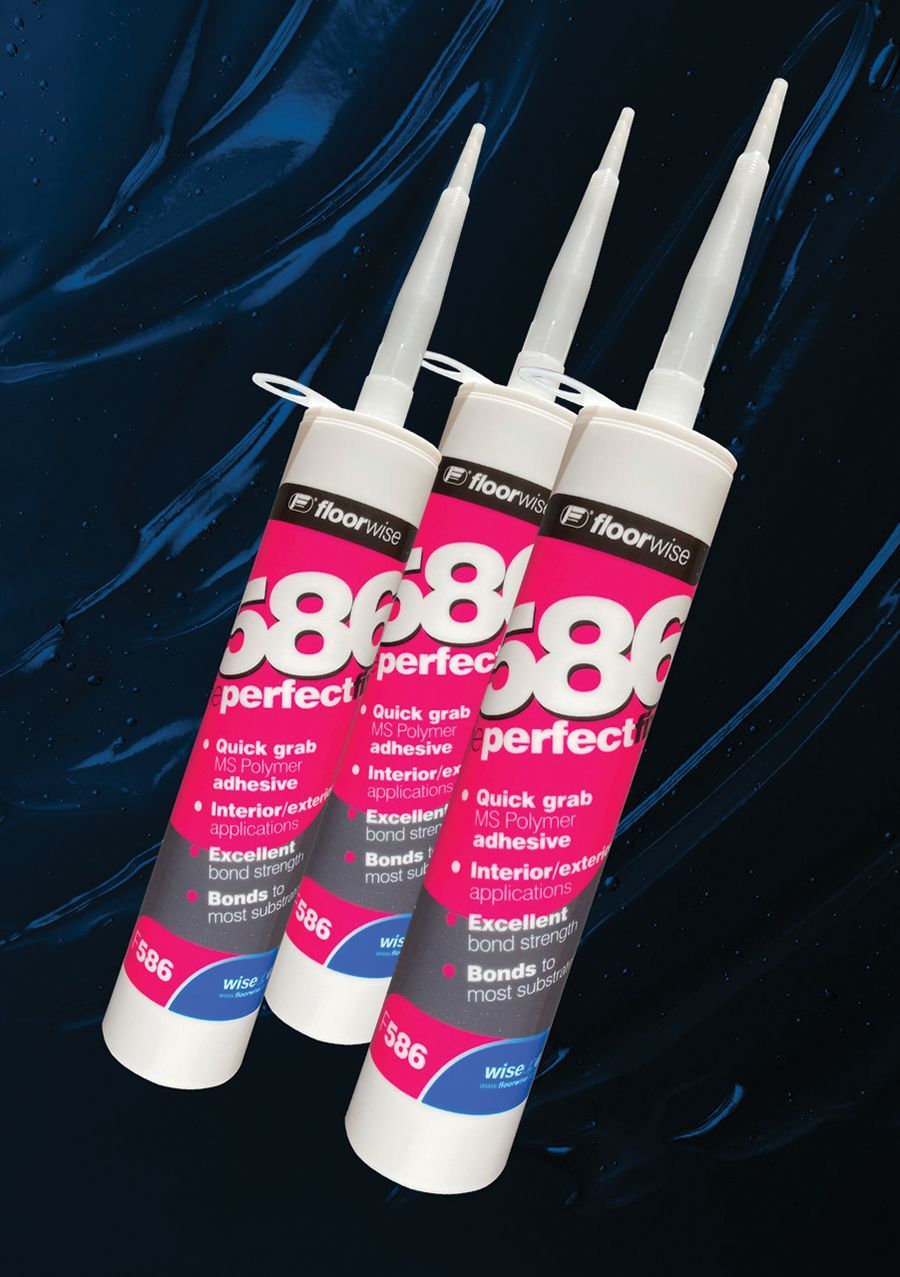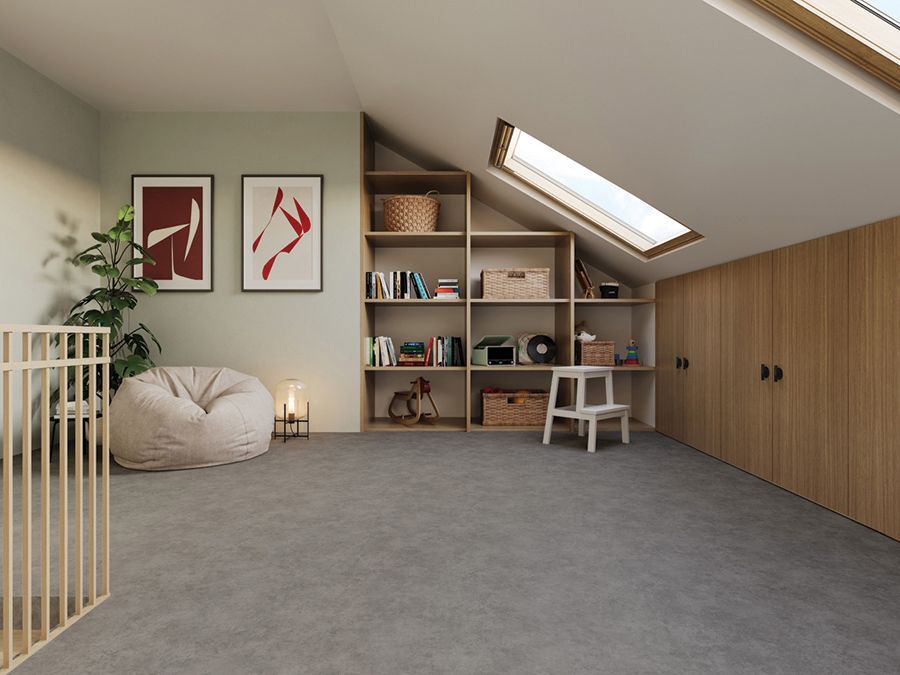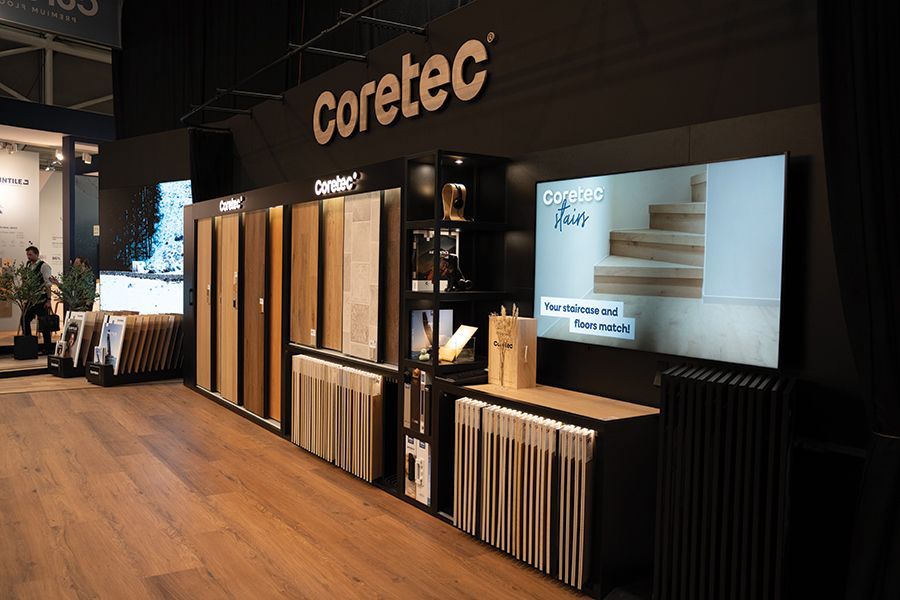Recycling success stories
Technological advances in recycling techniques and the acceptance of a range of products including LVT, smooth, safety and loose lay vinyl offcuts, roll-ends plus uplifted smooth vinyl and loose lay means vinyl flooring waste generated during refurbishments and new build projects, can be recovered and recycled into new flooring and traffic management products.
A remarkable 5,300 tonnes of vinyl flooring has been recycled since the scheme’s inception. With growing demand for more environmental services, Recofloor is the perfect eco-partner for those looking for sustainable waste disposal alternatives at minimal cost.
Facilitating the recycling process,
Kenburn are market leaders in the supply of ‘carpet crusher’ compacting machines which compact new and uplifted carpet and underlay waste for recycling and waste-to-energy networks managed through CRUK.
The company says retailers need to start to address the inevitable so rather than tell Mrs Smith they’ll bag up her waste and leave it with her so that she can take it to the local tip so it ends up in landfill, they need to be saying don’t worry Mrs Smith, we’ll recycle your waste for you,
We’re a way off this yet but ten years ago we were sending cardboard to landfill so it’s only a matter of time before we start taking carpet recycling more seriously, Disposal costs can be charged to the consumer and sold as the responsible approach to recycling, an increasingly valuable sales approach for more eco-minded consumers. Meanwhile, rising skip and disposal costs brings benefits to the bottom line. Kenburn’s approach can generate substantial savings for retailers and contractors and also improve sales conversion rates as environmentally friendly initiatives are always met with enthusiasm.
While some waste is used as a fuel for energy from waste schemes, the flooring industry is getting increasingly innovative by incorporating recycling into its product development.
Carpet Recycling UK (CRUK) leads the charge with over 100 industry members. Since its formation in 2007, the not-for-profit, industry-led membership association has enabled both members and non-members to divert around 1.25 million tonnes of carpet waste otherwise destined for landfill.
In 2019, CRUK data says 158,577 tonnes of carpet was diverted and in that year, carpet tiles reuse more than doubled, recycling in carpet fibre recovery was up by more than 50% and plastics recycling (from synthetic fibres) went up by just under 50%
CRUK organizes annual awards for good practice and has just revealed the 2020 winners. CRUK membership ‘is worth its weight in gold’ according to one award winner, Saint Flooring, who says it has contributed to their sustainability goals and helped to achieve annual savings of up to £170,000 a year on disposal costs by recycling their waste materials, including carpet.
One the sector’s best known initiatives is Sedna from Associated Weavers. Sedna carpet is soft, luxurious and durable and made with Econyl regenerated nylon, a yarn made from recycled waste material such as old carpets and abandoned fishing nets collected from the bottom of the sea.
Sedna thus helps to save thousands of beautiful sea creatures like sea turtles, dolphins and seals that will no longer get stuck in this life-threatening waste.
Moreover, Sedna carpet has an ECO FusionBac textile back, made from 100% recycled PET plastic bottles.
Axfelt Triple Layer Underlay from
Ulster Carpets is another example. Made from 100% recycled materials, the top layer is made from recycled wool, the middle layer is recycled cloth and woven carpet, and the base layer is rubber from recycled lorry and tractor tyres.
The Axfelt facility in Devon has now become Ulster’s Recycling Hub and will form an integral part of their integrated waste segregation system to reduce the amount of carpet and other waste materials currently disposed of in landfill and Ulster continues to develop manufacturing innovations to reduce the amount of water, heat and chemicals needed to manufacture a carpet.
F. Ball and Co. Ltd. has introduced recyclable packaging for a number of products, with much of the new packaging itself manufactured from recycled materials. These include recyclable ‘eco pouches’ for its Stopgap 400 Repair compound and Stopgap 500 Micro floor finishing compound, which require significantly less plastic to produce than the products’ previous packaging, and fully recyclable versions of plastic bottles used for liquids, including primers and tackifiers.
F. Ball has also partnered with Recofloor, the vinyl take-back scheme pioneered by Altro and Polyflor, to trial a scheme that provides contractors with a convenient means of recycling the new plastic bottles. This initiative provides recycling points at select distributors across the UK where contractors can effortlessly dispose of empty F. Ball 5 and
20-litre bottles, for free, so that they can be reprocessed multiple times.
Altro believes adhesive-free is the future of flooring. Altro’s adhesive-free flooring excels in its environmental credentials: sustainable and with 10% recycled content, and 100% recyclable post-consumer. Waste is minimal with no need for a damp-proof membrane (DPM) or adhesive products; thereby, reducing unwanted landfill content.
As it’s 100% recyclable, the floor can be uplifted quickly and easily and any leftover floor can be used elsewhere. At the end of its life the floor can be recycled via a Recofloor collection point and regenerated into useful traffic calming products such as traffic cones.
In addition, the latest ranges offer enhanced comfort under foot
and greater impact sound reduction, together with a whole new range of benefits including more colour and wood design options, giving complete flexibility for your differing application areas. Plus, proven durability, with over 10 years’ experience of working with adhesive-free floors since inventing the international award-winning Altro XpressLay.
Bradford-based
Melrose Interiors is best-known as a UK market leader, supplying rugs to the large retail chains, delivering more than half a million units per year. But they are also the country’s biggest independent purchaser of carpet surplus and have a major division called [Re]lay to repurpose and recycle that waste into new products.
[Re]lay is a circular concept. Surplus carpet can be upcycled into attractive rugs and runners and when their life is over they can be collected for recycling along with other waste. And Melrose are thinking big. They already handle 500,000m2 of surplus and B-grade carpet to upcycle. On the recycling side, their ambition is to collect enough volume to feed a pelletising plant to shred and melt down waste to create new raw materials for remanufacturing – a process that could repurpose
4000 tonnes of carpet annually.
“The amount of UK waste is staggering and the carpet industry needs to have a better view on sustainability – only 5% is recycled at present,” says Melrose MD Andy Murphy. “Given the sheer volume of material, there is an incredible opportunity to join up the jigsaw and make a big difference. Consumers want this and the industry can save costs. The additional potential benefits to the environment and global sustainability footprint is huge.”
For more information
Altro • 01462 489516 •
www.altro.co.uk
Associated Weavers • 01422 431100 •
www.associatedweavers.net
Carpet Recycling UK • 0161 440 8325 •
www.carpetrecyclinguk.com
F Ball • 01538 361633 •
www.f-ball.co.uk
Kenburn • 01727 844988 •
www.kenburn.co.uk
Melrose Interiors • 01274 491277 • www.melroseinteriors.co.uk
Recofloor • 0161 355 7618 • recofloor@axionconsulting.co.uk
Ulster • 028 3833 4433 • www.ulstercarpets.com
